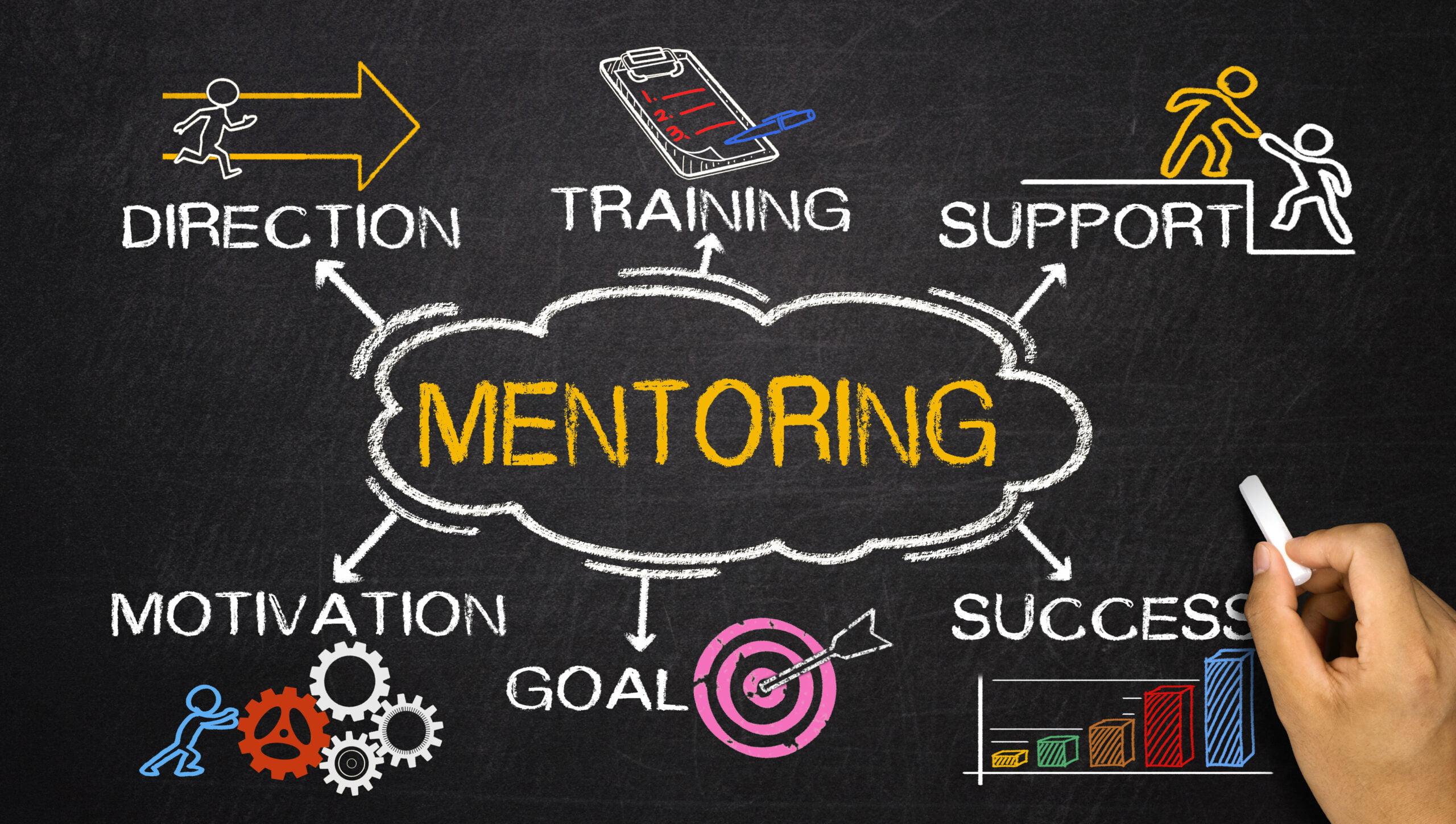In the pursuit of academic excellence and career success, the influence of mentorship emerges as a pivotal factor that can significantly shape the trajectories of young minds. As educational paradigms evolve and the job market becomes increasingly competitive, the guidance offered by mentors—be they educators, industry professionals, or experienced peers—proves indispensable. This article delves into the multifaceted role of mentorship, examining how it serves as a catalyst for unlocking potential and fostering resilience in children. By dissecting empirical evidence and drawing insights from successful mentorship models, we aim to illuminate the profound impact that structured guidance and support can have on the developmental journey of young individuals, equipping them with the skills and confidence necessary to navigate the complexities of both academia and their future careers.
Understanding the Impact of Mentorship on Academic Achievement
In the realm of academia, mentorship serves as a powerful catalyst for student achievement and growth. Mentors offer invaluable guidance, providing not only academic support but also fostering personal development. Their role extends beyond mere instruction; they become pivotal figures in shaping a child’s educational journey. Through mentorship, students gain access to a wealth of knowledge and experience that might otherwise remain untapped. This relationship helps in nurturing critical thinking, enhancing problem-solving skills, and instilling a sense of confidence and resilience.
- Academic Guidance: Mentors assist in navigating the academic landscape, helping students make informed decisions about course selections and career paths.
- Personal Development: They play a crucial role in developing soft skills such as communication, leadership, and emotional intelligence.
- Networking Opportunities: Through their connections, mentors can introduce mentees to industry professionals, opening doors to internships and job opportunities.
- Motivation and Encouragement: Mentors inspire students to pursue their goals and overcome challenges, fostering a growth mindset.
Ultimately, the impact of mentorship is profound, equipping students with the tools they need to succeed both academically and professionally. As educators and policymakers increasingly recognize the value of mentorship, integrating structured mentorship programs into educational frameworks becomes imperative for maximizing student potential.
How Mentorship Shapes Career Aspirations and Professional Growth
In the dynamic landscape of academic and career development, mentorship emerges as a pivotal influence, nurturing the seeds of ambition and capability. Through the lens of mentorship, children are not only guided in honing their skills but also in expanding their horizons beyond immediate academic confines. Mentors serve as role models, providing a tangible blueprint of success while fostering a mindset of continuous learning. They help young minds navigate the complexities of their aspirations, offering insights that textbooks and classrooms often overlook.
Key benefits of mentorship include:
- Personalized Guidance: Tailored advice and strategies that align with individual strengths and interests.
- Networking Opportunities: Access to a wider professional network, opening doors to future opportunities.
- Confidence Building: Encouragement and support that boost self-esteem and decision-making abilities.
By fostering an environment of trust and open communication, mentorship empowers children to envision and strive for a future where their academic and professional goals are not just dreams, but achievable realities.
Strategies for Effective Mentorship Programs in Educational Institutions
To foster an environment where mentorship can thrive within educational institutions, it is crucial to implement strategies that are both dynamic and adaptable. First, clear objectives and expectations must be established. This ensures that both mentors and mentees are aligned in their goals, whether it’s academic improvement, career exploration, or personal development. A well-defined framework can guide the mentorship relationship, keeping it focused and productive.
In addition, the selection and training of mentors is vital. Institutions should prioritize mentors who not only have expertise in their field but also possess strong interpersonal skills. Comprehensive training programs can equip mentors with the tools they need to address diverse student needs and foster a supportive learning environment. Furthermore, maintaining open channels of communication through regular check-ins and feedback sessions can enhance the mentorship experience, allowing for adjustments and growth in real-time. Incorporating these strategies can significantly enhance the effectiveness of mentorship programs, leading to tangible benefits in both academic and career outcomes for students.
- Establish clear objectives and expectations
- Prioritize mentor selection and training
- Maintain open channels of communication
Recommendations for Parents and Educators to Foster Mentorship Opportunities
Creating a nurturing environment where mentorship can flourish requires intentional strategies from both parents and educators. Parents can start by encouraging open communication and active listening at home, fostering an atmosphere where children feel comfortable sharing their aspirations and challenges. Introduce them to diverse role models by connecting with community leaders or professionals in various fields. This can be achieved through participation in local events, workshops, or even virtual meet-ups. Additionally, supporting children in extracurricular activities can naturally lead to mentorship relationships, as these settings often provide interaction with experienced individuals.
Educators play a pivotal role in facilitating mentorship within academic settings. By establishing mentorship programs within schools, educators can create structured opportunities for students to receive guidance. Encourage collaboration between older students and younger peers through peer-mentoring initiatives. Furthermore, integrating project-based learning that involves industry experts can provide students with real-world insights and foster connections with potential mentors. Schools can also organize career days or alumni panels to expose students to various career paths and allow them to network with professionals.



